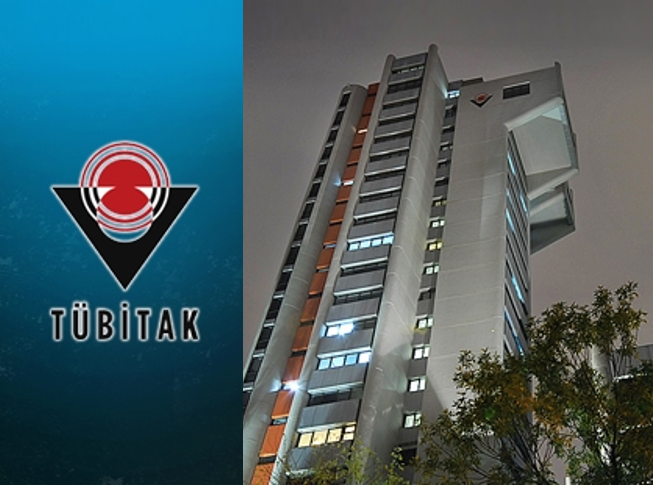S.S., a former judge in training who was summarily fired from his position with an emergency decree in 2017, was asked in July by the Scientific and Technological Council of Turkey (TÜBİTAK) to repay a scholarship he was awarded for his doctoral studies, Independent Turkish reported.
TÜBİTAK’s deputy chair said in a letter the scholarship was terminated because they realized the person had been dismissed from the civil service. The former judge has been pursuing his Ph.D. in the field of public law and was awarded the prestigious TÜBİTAK scholarship after he was fired.
Following an attempted coup in July 2016, the Turkish government declared a state of emergency and carried out a massive purge of state institutions under the pretext of an anti-coup fight. More than 130,000 public servants, including 4,156 judges and prosecutors as well as 20,571 members of the armed forces, were removed from their jobs for alleged membership in or relationships with “terrorist organizations” by emergency decree-laws subject to neither judicial nor parliamentary scrutiny.
Former civil servants were not only fired from their jobs; they were also banned from working again in the public sector and getting a passport. The government also made it difficult for them to work formally in the private sector. Notes were put on the social security database about dismissed public servants to deter potential employers.
Dismissed judge S.S. was not convicted of any crime, and there are no open cases against him. In fact, he was not even detained for questioning after dismissal from his job.
In its letter TÜBİTAK asked S.S. to repay a total of TL 91,224.57 ($11,500), including interest, and warned that unless the payment is made on time, legal proceedings would start for collection of the debt.
Dismissed civil servants face other kinds of discrimination as well. In a striking case, an insurance company refused to pay for the damages caused by a car accident to the wife of a fired public servant who was incarcerated at the time. According to the company, the government had instructed them in a directive not to make payments to civil servants who had been terminated from their jobs.
In another well-known case, Garanti BBVA, an affiliate of Spanish Bank BBVA, refused to open a bank account for a dismissed public servant. The bank had to reverse its position after the pro-opposition media covered the incident extensively and agreed to open a restricted checking account. The account holder could only use his account for withdrawing his salary. Other banking transactions such as money transfers were still prohibited.
In a recent case a former public school teacher fired by the Turkish government in the aftermath of the abortive putsch in July 2016 was not allowed to attend a vocational course organized by the Turkish Employment Agency (İŞKUR) because he was a dismissed public servant.















